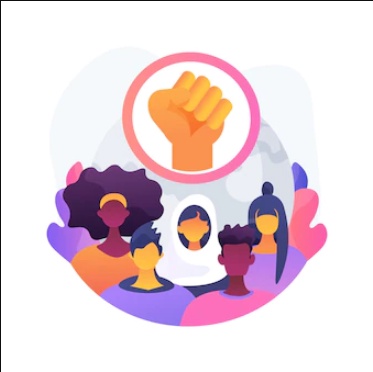The media has the power to shape public perceptions and drive the discourse on racial politics. From news coverage of police brutality incidents to representation of marginalized communities in popular culture, the media has a significant impact on the way people view and understand issues of race and racism.
The media has a responsibility to report on racial politics objectively and accurately. Unfortunately, media outlets too often perpetuate negative stereotypes and fail to provide nuanced coverage of the complexities of these issues. This can result in a distorted understanding of the reality of racial politics, which can in turn contribute to the perpetuation of systemic racism and inequality.
On the other hand, positive representation in the media can play a crucial role in changing public perceptions and advancing the cause of racial equality. A representation that accurately reflects the diversity of experiences and perspectives within marginalized communities can challenge harmful stereotypes and promote a deeper understanding of the ongoing struggle for racial justice.
It is important for media outlets to be intentional in their coverage of racial politics. This includes striving for accuracy, promoting diverse perspectives, and avoiding the perpetuation of harmful stereotypes. It also includes actively working to dismantle the systemic biases within the media industry that limit the representation of marginalized communities.
Conclusion
The media has a significant impact on the way people view and understand issues of race and racism. It is important for media outlets to be responsible in their coverage and strive for accuracy, diversity, and fairness in their representation of these important issues.


No comments yet